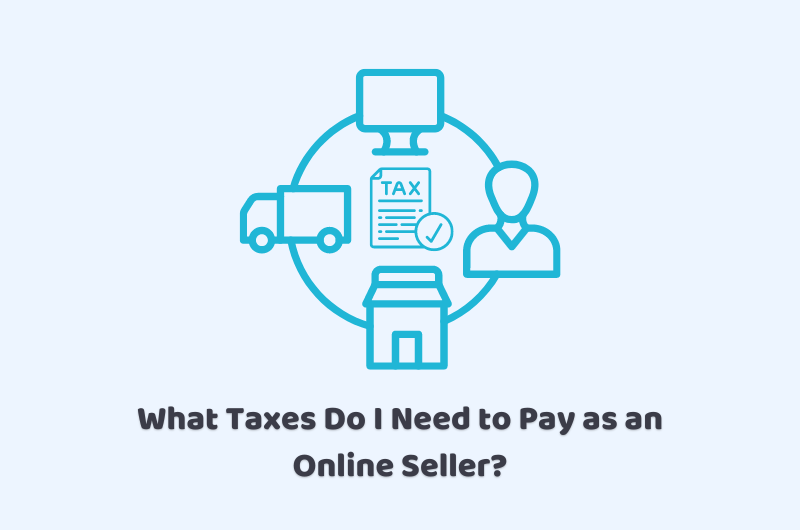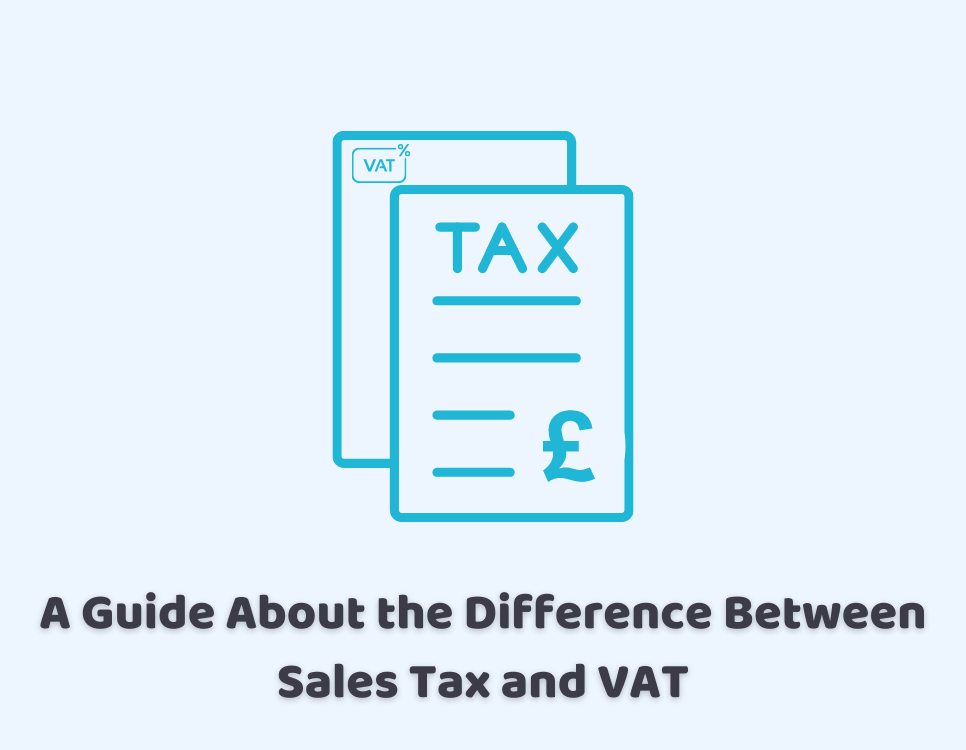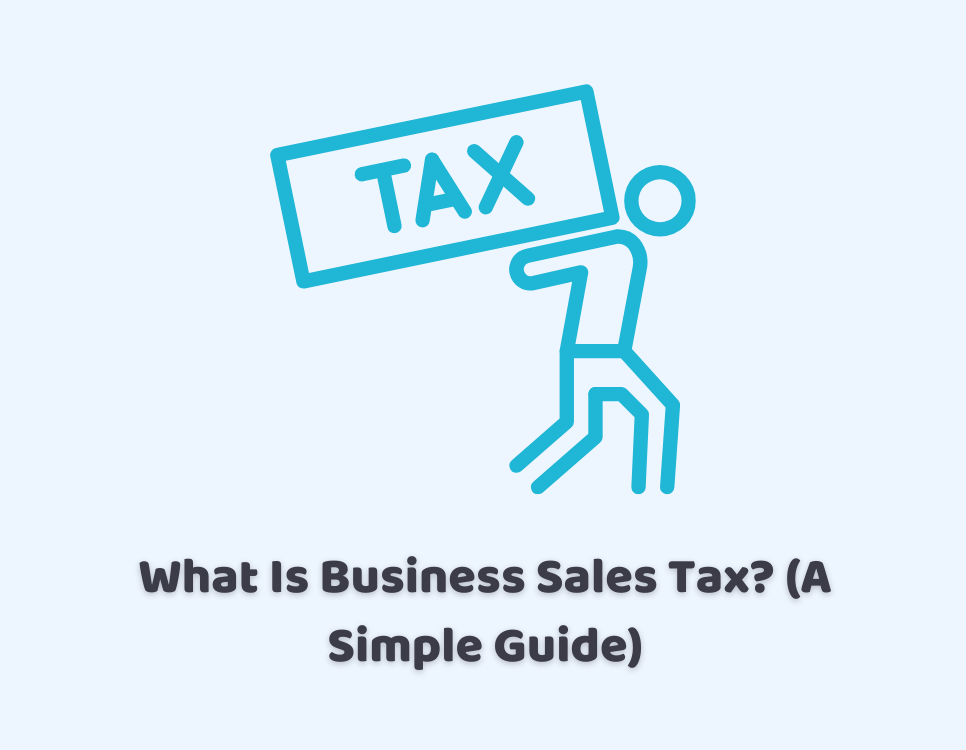29/09/2022Tax Issues , Tax Saving Tips
This is the era where online platforms and buying & selling products are actively becoming more and more popular. This results in a sudden rise in the demands of e-commerce and other such start-ups. Online shops are the best set-up for small businesses and even you can start it from the comfortable environment of your …
Read more



